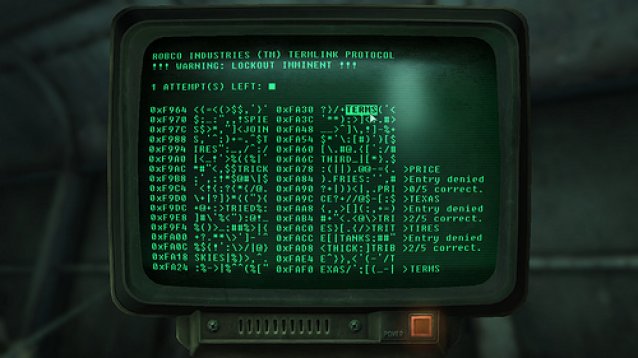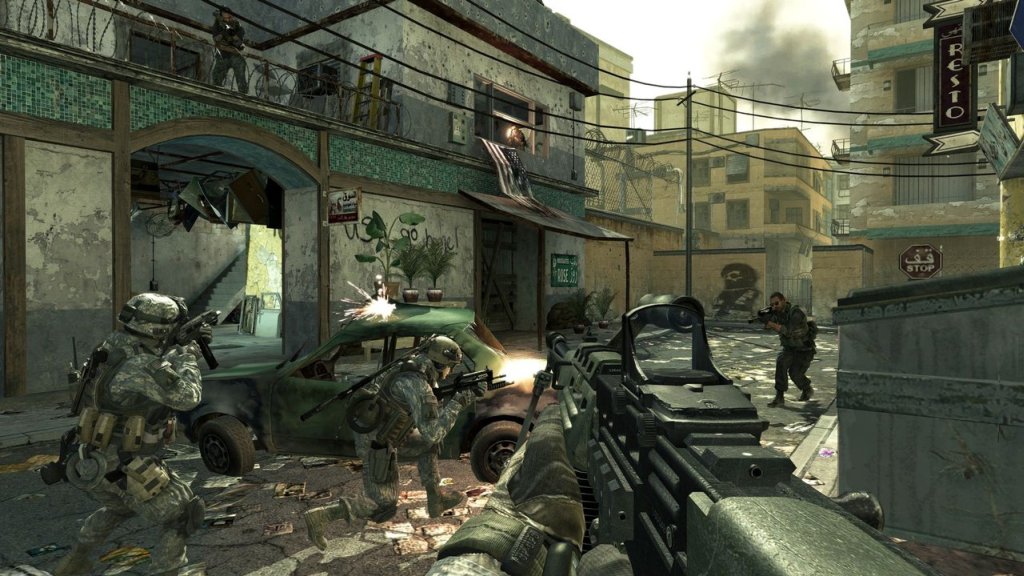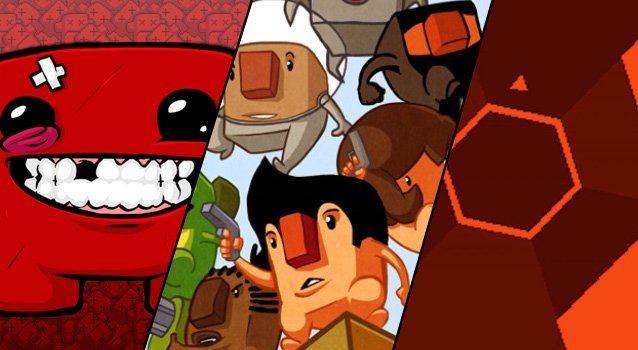

What makes for a good strategy game? Look around any corner of the web and you’ll find no shortage of “strategy browser games,” but many of them don’t actually require much strategy. In fact, where strategy is concerned, the deepest games tend to be the ones we don’t expect.
Strategy should not be confused with complexity. Complex games can be shallow and simple games can be deep. Here’s a collection of games that run the gamut from simple to complex, all while remaining as strategic as possible.
Note: Most empire-building games have been excluded from the list due to being the “obvious answer” as far as strategy goes. Instead, we intentionally focused on non-empire-building games with unexpected levels of depth.
Duel of Champions is a browser-based multiplayer card game that’s reminiscent of most dueling card games: complex combat that centers on decks drafted from hundreds of various card types. It has been described as the middle ground between the more complex Magic the Gathering and the more newbie-friendly Hearthstone.
This is a highly polished game that has stayed under the radar for quite some time. The graphics are high-quality and pleasing to the eye. The gameplay isn’t overly complex but deep enough that player skill is rewarded over randomness. Those who are new to the dueling card game genre may find it a bit tough at first.
As a dueling card game, Duel of Champions makes a few core gameplay changes that set it apart from its big-name competitors. Namely, the unique resource management, the balance between “Might” and “Magic”, and the human-vs.-human nature of multiplayer make it a great game for those looking for a real strategy game experience in a browser.

Fans of the Dominion board game already know how great this game is, both in terms of originality and strategic depth. Over the course of eight expansions since its debut, Dominion grew so popular that a couple of online versions began popping up.
The Goko version was adopted as the official one, and all competing versions, including the popular Isotropic version, were shut down.
To my own surprise, a lot of players don’t actually know that they can play Dominion online. The benefits of the online version are numerous:
Dominion’s claim to fame is its deck-building mechanic. Rather than drafting a deck prior to actual gameplay, the deck-building is the gameplay itself. Each turn is crucial because the slightest variations on which cards to buy, which to trash, and which to use can spell the difference between pulling ahead or falling behind.

The Space Game is an unconventional real-time strategy experience that tosses aside the army-building aspect in favor of straight economy management. Your goal is to mine asteroids by constructing various buildings while maintaining a stable energy source and defending yourself against invaders.
Flash games aren’t exactly known for their graphical quality or their gameplay polish, which is why The Space Game sets itself apart from others of its kind. I’m not saying that it rivals EVE Online or other deep space games, but for those looking for a web-based space RTS, this one should be way up there on your list.
The game itself isn’t too complex and the tutorial helps you get over the moderate learning curve rather quickly. That being said, the constant triangular struggle between managing energy, mining asteroids, and defending against enemies provides for some entertaining strategic scenarios, especially when you reach the later missions.

The playing field is made up of eight rows. Every few seconds, you can spawn a soldier in one of the eight rows. The soldier runs across the field, clashing with any enemy it encounters along the way. For every soldier that makes it across, you earn points toward victory. The difficulty is picking the right type of soldier.
Warlords: Call to Arms is basically a form of tug of war with influences from Rock-Paper-Scissors and Plants vs. Zombies. It’s a whole lot of fun.
Tug of war isn’t normally a game that’s deep on strategy – in fact, it’s typically 0% strategy and 100% brute force – but Warlords does something magical: it takes the tug of war concept, throws it in a pot with a few other gameplay elements, and cooks up a game that’s deeper than it might first appear.
The strategic depth of Warlords is fourfold:
All combined, you get a game that’s extremely simple to understand yet unexpectedly deep and difficult to master. That’s pretty much the holy grail of gaming, isn’t it?

The tower defense genre seems like it would be a perfect fit for those who need their strategy fix, but most tower defenses miss the mark. They become games of endurance that lack any meaningful decision-making process. Desktop Tower Defense is one notable exception.
The graphics are childish and the gameplay is incredibly simple. Easy Mode only has five different towers you can build while Hard Mode only has nine. That doesn’t seem like much variety, does it? It makes up for it with smart wave design and nearly a dozen alternative modes for challenging yourself or just having fun.
One unique factor is that enemies don’t travel along a predetermined path as they would in most other tower defenses. Rather, the field is a rectangle and enemies, who spawn along the outer edges, simply cross the field. Combine that with the fact that there are multiple ways to win and you end up with a lot of strategic possibilities.
What are your favorite browser-based strategy games? Surely there are hundreds of them out there on the Internet. Tell us about the ones you’ve found most compelling!




 10 Misunderstood and Misguided Villains in Video Games
10 Misunderstood and Misguided Villains in Video Games How to Fix Call of Duty Advanced Warfare Crashes, Freezes and Other Errors
How to Fix Call of Duty Advanced Warfare Crashes, Freezes and Other Errors How Three Super Indie Games Are Changing Gaming
How Three Super Indie Games Are Changing Gaming Silent Hill: Downpour Walkthrough
Silent Hill: Downpour Walkthrough Fallout 4: How to Repair Power Armor
Fallout 4: How to Repair Power Armor